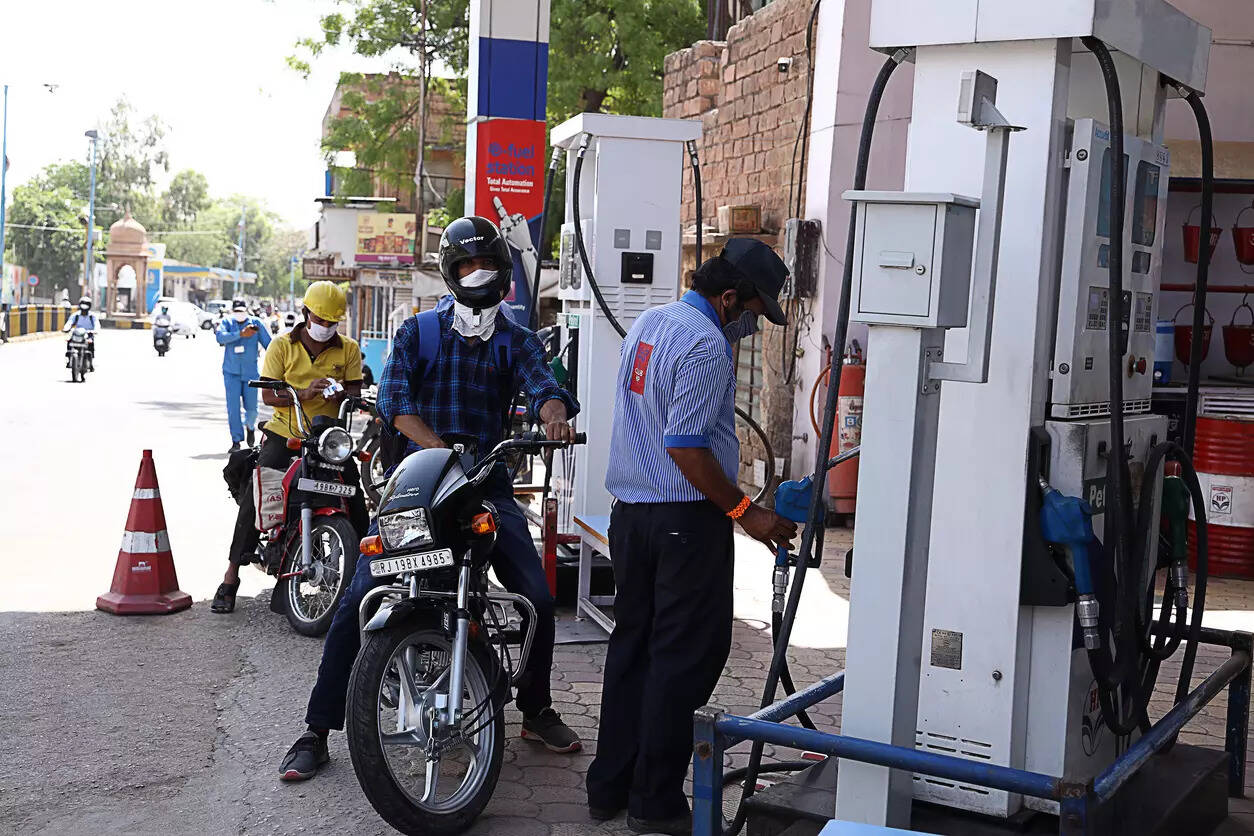
The Chandigarh UT administration has announced a slew of relaxations on registration of several categories of non-electric vehicles (non-EVs), deciding against imminent stoppage of registration of non-EV two-wheelers by pushing the date to 2027.
Registration of non-EV buses and goods carriers will be reopened, and their caps revised. Their registration will also be stopped from 2027. The UT increased the number of non-EV two-wheelers, buses, three and four-wheelers goods carrier that can be registered in the city in the current and coming years during the EV Policy period. There is no change in the targets/caps of non-EV cars in comparison to the original ones. Government departments and local bodies will now only purchase EVs.
These decisions were taken in a mid-term review meeting of the EV Policy held under the chairmanship of UT adviser Dharam Pal here on Monday.
The administration decided to increase the quota of non-EV two-wheelers from 30% to 70% for 2024. For 2025, the revised cap is reduced from 0% to 50%. For 2026, it will be 70%. From 2027, there will be no registration of non-EV two-wheelers.
The target for registration of three-wheeler (goods) vehicles is increased from 60% to 65% for 2024. Similarly, for four-wheeler goods vehicles, the new target is 85% instead of 60%, as was in the original policy. For non-EV buses, the target is increased from 50% to 75% for 2024.
The administration was facing immense criticism from different stakeholders, including Chandigarh mayor Anup Gupta, on the issue of limiting the registration of two-wheelers.
Gupta said, “We are not happy with these relaxations. How will the administration achieve carbon neutral status for the city if the non-EV registration from other states continue to enter the city, while the administration stops registration of these vehicles in the city. I will take up the issue with the home minister.”
On the other hand, on charging stations, UT adviser Dharam Pal said, “I have directed the MoU with the REIL on charging stations be done at the earliest. In a week’s time, REIL installed charging stations will become operational. I have also directed that in case the two private companies don’t start the installation, we will blacklist them.”

